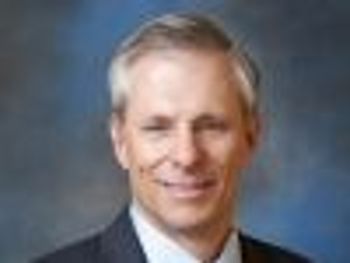
Ken Weiner, MD's Eating Recovery Center was named one of the fastest growing companies in America, which is likely because he and the executive team has as much business acumen as clinical expertise.
Ed Rabinowitz is a freelance writer for Medical Economics.

Ken Weiner, MD's Eating Recovery Center was named one of the fastest growing companies in America, which is likely because he and the executive team has as much business acumen as clinical expertise.

In the pioneer ACO program 78% of participants generated savings, but two ACOs had to return funds and nine decided to leave the program. So is the program a success or failure?

Concierge medicine and President Obama's Affordable Care Act may be getting all the headlines, but flying under the radar is the concept of direct primary care - concierge medicine for the masses.

Rising operating costs are the most intense challenge of running a medical practice, but there are steps physicians can take to combat these increasing costs.
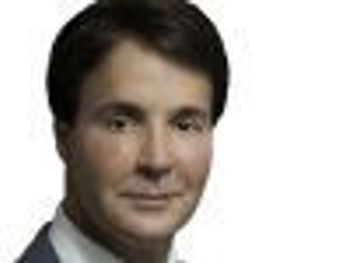
Vincent Giampapa, a board-certified plastic reconstructive surgeon, was the world's first board-certified anti-aging physician. And his patent on a sensing prosthesis was used by NASA.

The growth of the hospitalist specialty is undeniable and while there are financial incentives for primary care physicians to work with a hospitalist, the biggest concern is trust.
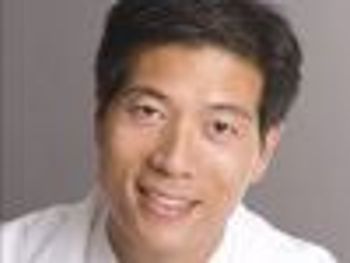
For years there were only two centers in the country that offered proton therapy. After witnessing the success of the treatment, Henry Tsai, MD, and his colleagues built a center in his native New Jersey.

Whether you're looking for a change of venue for yourself, or looking to bring someone new into your medical practice, doing so can be a very stressful situation.


The focus of the Affordable Care Act is on access to insurance. However, what it doesn't address is the cost of health care, which has become part of the national conversation.
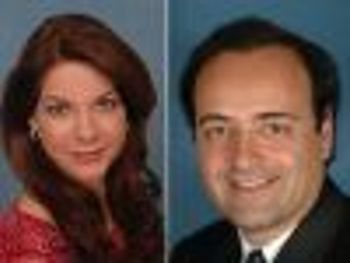
Mark Epstein, MD, FACS, and Elyse Rafal, MD, FAAD, understand the need to have space - both as a couple and as physicians working in the same medical practice.

With nearly 125,000 pages worth of Medicare regulations governing the U.S. health care system, physicians are confronted with overwhelming regulatory burdens that continue to erode their practice of medicine.

Scanning documentation into a medical practice's electronic medical record can increase reception staff efficiency and it helps to free up valuable space that can be better used for revenue-generating purposes.

More than likely, most physicians are well aware of meaningful use. What they are probably less certain of - through no fault of their own - are all the deadlines surrounding the program.
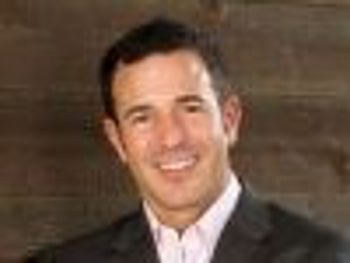
Gregg Feinerman, MD, works with an elite group of Lasik surgeons, is a member of the scientific advisory board for Bausch + Lomb and talked a drug company into donating $100,000 in supplies to teach local physicians in less fortunate countries.

Health coaching is becoming more popular because of the realization that physicians can't do all the things expected of them - they don't have the time, and it doesn't make sense from a financial point of view.

The new HIPAA Omnibus Rule will hold a lot more people liable for protecting health information and incurring a HIPAA violation under the new rule can be incredibly costly.
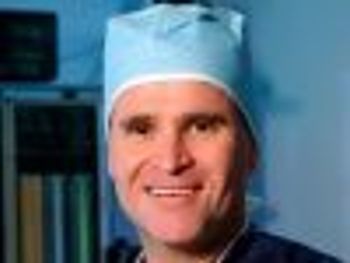
Since opening his clinic in Florida, Jeffrey Hartog, MD, has become a visionary in the field of plastic and reconstructive surgery. And his interest in one procedure ended up having a huge impact on his personal life.

As health care moves toward value-based reimbursement, it will be important for practices to better understand the patients being served as their satisfaction is one component.
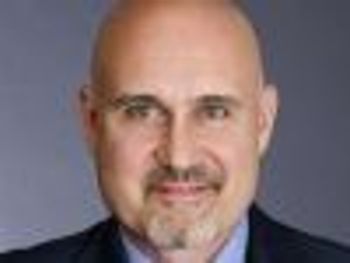
Although Greg Stein was the first physician in his family, he comes from a long line of entrepreneurs. After his residency he went back to school to obtain an MBA, which led financial services, then biotech and founding multiple pharma companies.

The perception that retail health clinics are in direct competition with medical practices, couldn't be further from the truth. Instead, these clinics see collaborative opportunities with physicians.

For all the talk of patient-centered care in the health industry, hospitals and practices might need to put their employees first and patients second to succeed.
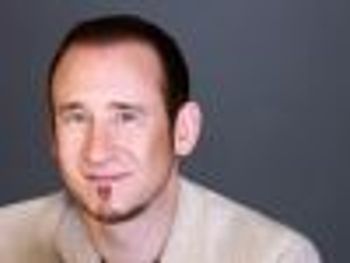
When ophthalmologist Paul Dougherty, MD, isn't developing new vision correction technologies, he travels abroad to gift vision to people who haven't seen in years and trains local ophthalmologists to continue the work.

One of the methods for improving profits is the hiring of non-physician practitioners, but the key is thorough planning. While hiring an NPP is a numbers game, there are other elements that are even more important.

Practicing what you preach is good advice for everyone - particularly for physicians. While surveys show patients are less likely to trust advice from overweight physicians, there are ways to overcome any cultural weight bias to gain trust.
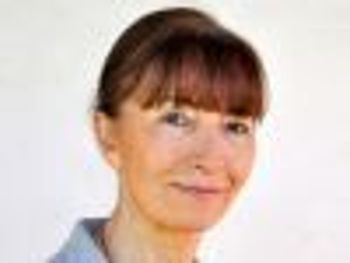
French expat, Bettina Experton, MD, is determined to prevent medical errors and results deaths. For years she has been pioneering technological advances that put health care freedom in the hands of consumers.

House calls have been on the rise again, and the aging population is only part of the reason. New advances in technology, are making it easier and and more effective to treat patients at home.

If an ounce of preparation is worth a pound of cure, then health care providers are grossly underweight when it comes to transitioning from ICD-9 to ICD-10 coding.
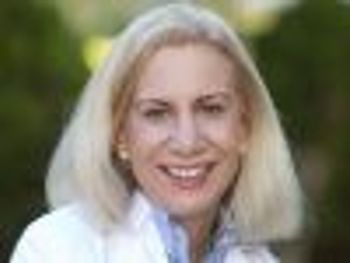
At Dr. Ruth Rubin's hybrid concierge medical practice, an integral part of the staff is the hypoallergenic dog that patients can't get enough of.

Words exchanged are not the only, nor the most important, element of an exchange between physician and patient. Contextual factors surrounding the patient can play a major role in how patients approach the visit.